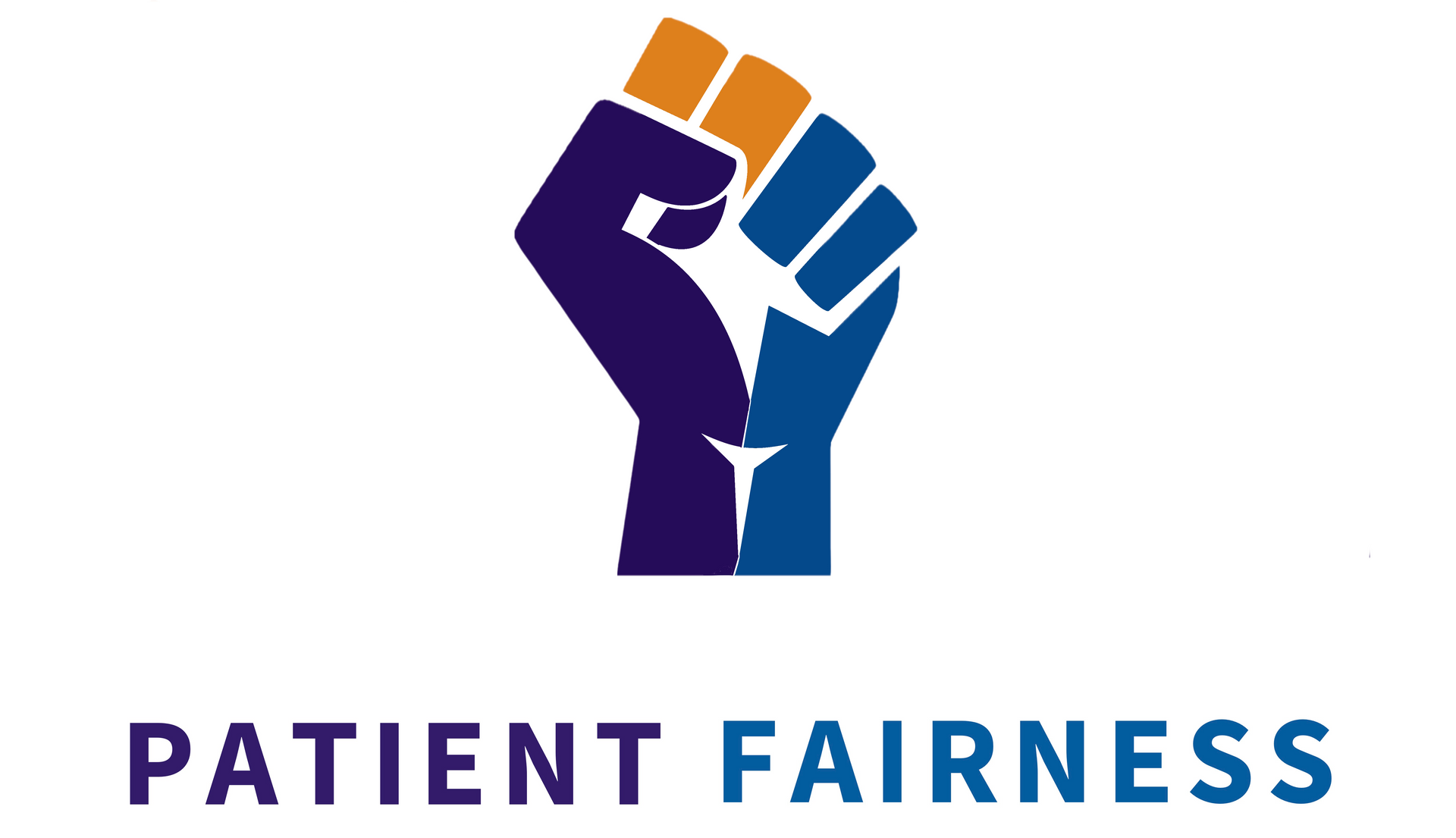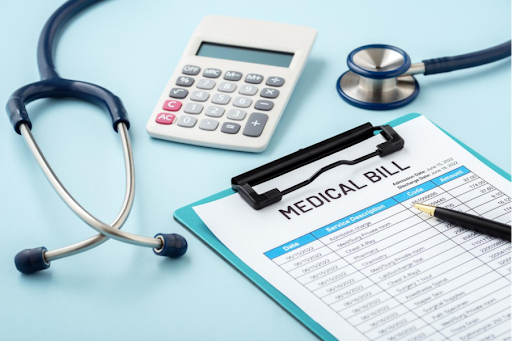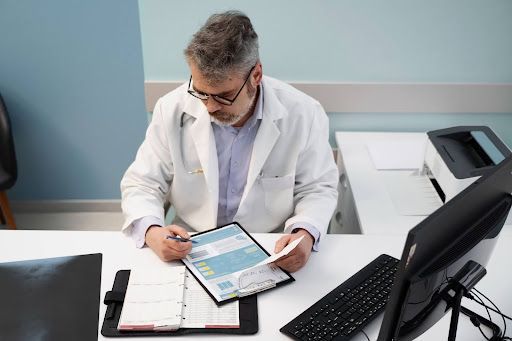New York State Medical Billing Consumer Protections
Medical bills are often confusing, overwhelming, and financially burdensome. But if you live in New York, you have access to some of the strongest state-level medical billing protections in the country. At Patient Fairness, we want every patient to know their rights—because informed patients are empowered patients.
This blog breaks down the key New York state-specific medical billing consumer protections you need to know, especially if you're struggling with unexpected charges, aggressive collection tactics, or unclear facility fees.
Time Limits and Medical Debt Expiration
In New York, hospitals and other providers have up to six years to pursue collection of unpaid medical debt. This is known as the statute of limitations. After six years, they can no longer take legal action to collect.
Credit Reporting Protections: Medical Debt Stays Off Your Credit Report
One of the most consumer-friendly provisions in New York is the restriction on credit reporting. Medical debt cannot be reported to credit agencies and cannot affect your credit score in the state of New York.
That means a hospital or collections agency cannot damage your credit standing simply by sending an unpaid medical bill to a reporting bureau. This removes a major source of pressure for patients facing financial hardship.
Surprise Billing Protections: Ambulance Services
Under N.Y. Insurance Law §§ 3216(h)(24), 3221(l)(15), and 4303(aa), ambulance companies are not allowed to bill patients directly for emergency prehospital services if an authorized insurer or HMO has made a partial payment on the claim.
If the insurer completely denies the claim, the ambulance provider may bill the patient, but patients still retain other legal remedies to challenge the charge. This goes beyond the protections of the federal No Surprises Act and reflects New York's commitment to protecting patients from balance billing.
Facility Fee Transparency and Restrictions
Under NY Public Health Law § 2830-2, New York has imposed strict rules on how and when facility fees can be charged:
- Providers cannot charge facility fees for preventive care services listed by the U.S. Preventive Services Task Force.
- If a facility fee will be charged, the provider must give patients advance notice. The notice must include:
- The fee amount
- A plain-language explanation of the fee
- For insured patients: whether their plan will cover the fee
- For uninsured patients: how to apply for financial assistance
- Professional providers entering into a new billing arrangement involving a facility fee must notify patients at least 7 days in advance.
These transparency rules ensure that patients aren’t blindsided by extra charges they weren’t informed of before receiving care.
Protections from Aggressive Debt Collection
New York law strictly limits how medical providers can collect on unpaid medical bills:
- No home liens or foreclosures: Hospitals cannot place a lien on your home or foreclose on your property due to medical debt (N.Y. Pub. Health Law § 2807-k(9a-h)).
- No wage garnishment: Providers are not allowed to garnish wages to collect medical debt (N.Y. CPLR 5201).
These protections shield consumers from some of the most harmful financial consequences of medical debt.
Price Protection for Low-Income Patients
Under the New York Hospital Financial Assistance Law, hospitals must limit what they charge low-income patients who qualify. Here are the details:
Group 1: Who Qualifies?
You may qualify for price protections if you:
- Are a New York resident
- Are uninsured or have exhausted your health insurance benefits
- Have a household income at or below 300% of the federal poverty level (FPL)
- Can demonstrate an inability to pay full charges or insurance-related costs like deductibles and copays
These protections apply only to hospital bills (not physician practices or labs).
How Much Can Hospitals Charge You?
| Income as % of FPL | Hospital Charges You Pay |
|---|---|
| ≤ 100% | "Nominal amount" |
| 100% - 150% | Nominal amount to 20% of highest-volume payor’s price |
| 151% - 250% | 20% - 100% of payor’s price |
| 250% - 300% | 100% of highest-volume payor’s price |
These protections dramatically reduce how much qualifying patients can be charged, especially when compared to typical billed charges.
How to File a Complaint
If a hospital or provider violates any of these protections, you can report the issue to:
- The New York State Attorney General's Office – Consumer Issues Division
- The Consumer Financial Protection Bureau (CFPB) for federal complaints
How Patient Fairness Can Help
Navigating billing regulations and dispute processes on your own can feel overwhelming. At Patient Fairness, we help you:
- Understand your rights under New York’s state-specific laws
- Analyze unfair charges, facility fees, or surprise billing violations
- Create a professional letter of dispute and send it on your behalf
- Use real cost benchmarks (like Medicare pricing) to challenge inflated bills
We believe you shouldn’t need to be a lawyer or hire one just to be treated fairly. With the right knowledge and support, you can dispute a medical bill yourself and win.
Take Action Today
If you're facing a confusing or inflated medical bill in New York, don't assume you have to pay it without question. New York's consumer protection laws are designed to support you. Start your free medical bill assessment with Patient Fairness and take the first step toward a fair outcome.
Visit PatientFairness.com to get started.











